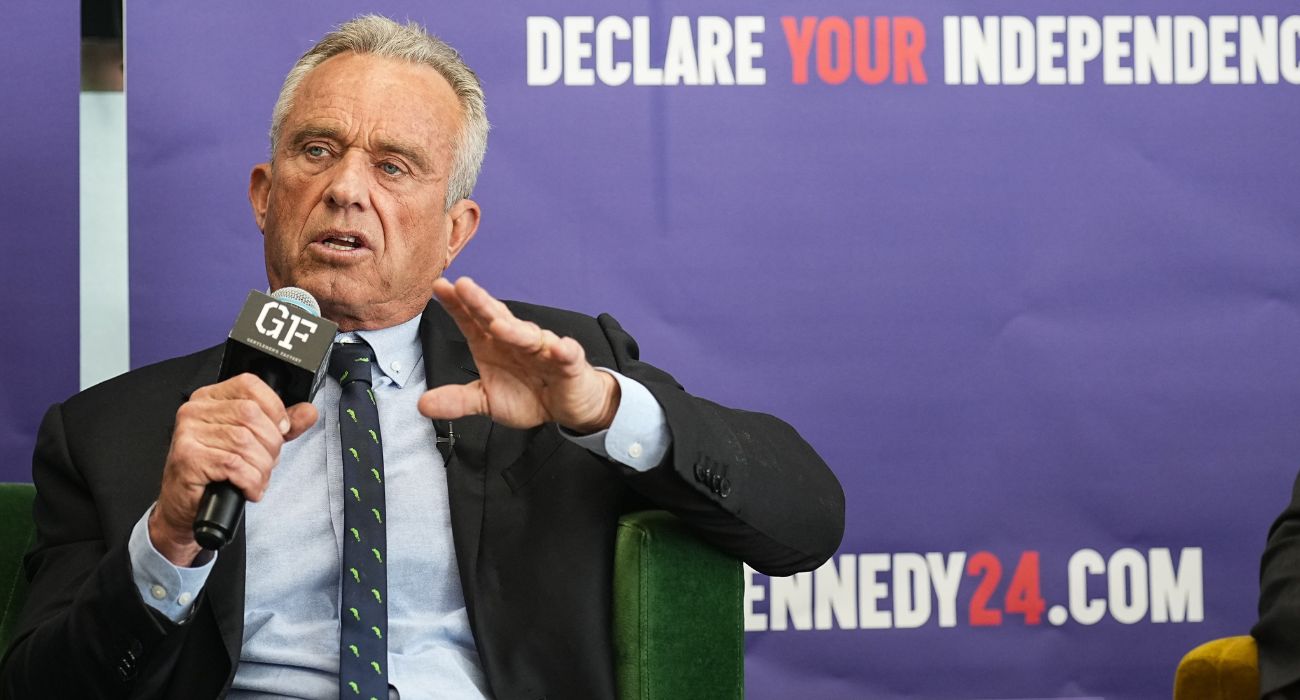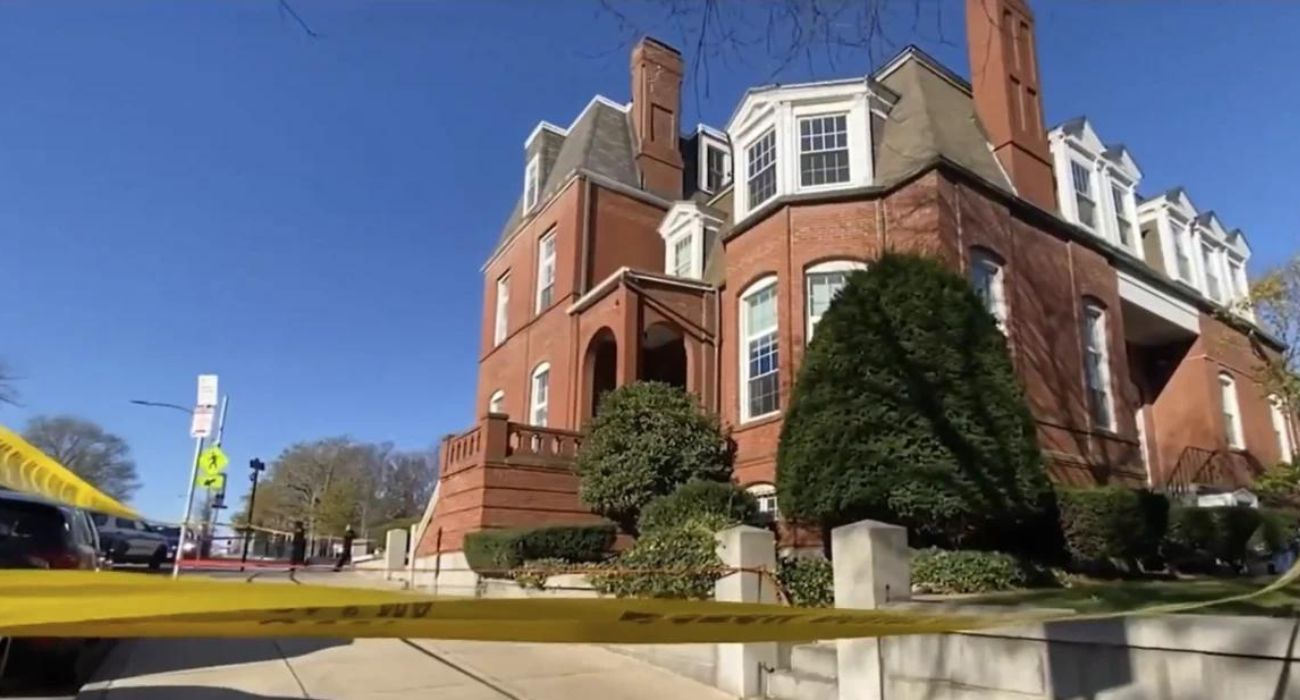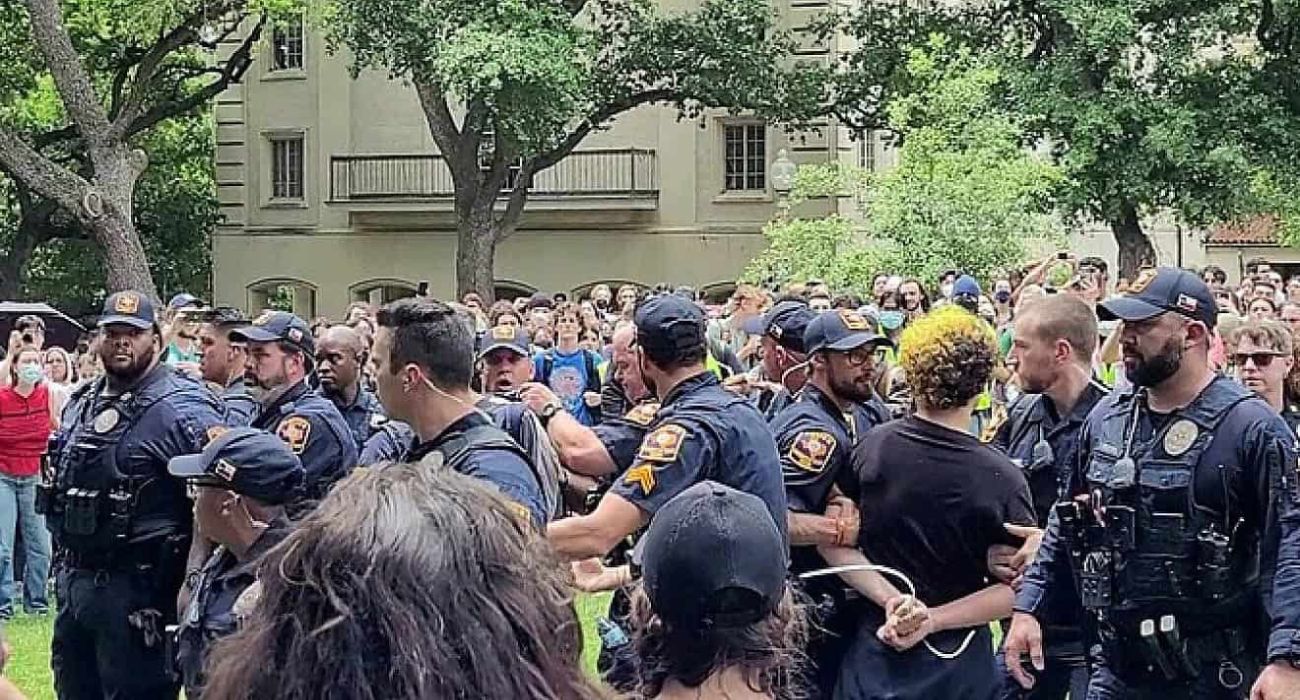After months of being denied a Secret Service detail, Robert F. Kennedy, Jr. said that “double standards abound” as news broke of a potential detail for presidential candidate Nikki Haley.
“My campaign first requested Secret Service protection in May 2023 with a 63-page declaration. We still have a current request pending,” Kennedy posted on X. “My request is the first time in 55 years a candidate has ever been denied. The Biden administration is the sole outlier to turn down a request for Secret Service coverage.”
Fact-checkers with CNN came to a different conclusion last July. They found that most presidential candidates do not get a security detail as early in the campaign as Kennedy was requesting. The sole outlier since 1980 was Barrack Obama, who received protection 18 months before the election. Most other major candidates did not receive a Secret Service detail until less than 10 months before the election.
Criteria for receiving a detail include being a major candidate, polling above 15% for a specific period of time, making numerous appearances in various states, and running advertisements. Kennedy reportedly does not meet most of these criteria.
Haley, who is considered a major candidate, applied for the detail recently after receiving threats, including two instances of “swatting” that happened just days apart. In both instances, police were called to Haley’s home over reports of violence with a gun and reports of self-harm. Haley was not at home at the time of the incidents. The Dallas Express previously reported that swatting against political candidates is on the rise after numerous public officials have been targeted in recent months.
A Congressional advisory committee is responsible for deciding which candidates receive protection and when. Haley’s request was approved by the committee, and the final decision now rests with recently-impeached Homeland Security Secretary Alejandro Mayorkas.
Mayorkas denied Kennedy’s requests based on the advisory committee’s recommendations, stating that the candidate did not require protection. Kennedy, who is the son of Robert Kennedy, a Democratic presidential candidate who was assassinated in 1968, and the nephew of former President John F. Kennedy, who was assassinated in 1963, claimed that his unique family history warrants the detail.
Currently, the Kennedy campaign is paying for private security, an expensive outlay that may impact his campaign. According to reporting from The Boston Globe, Kennedy has spent around $1 million on security as of November 2023. The Globe reported that the amount is three times higher than the security spending of any other candidate.
Judicial Watch reviewed 11 pages of redacted documents from a threat assessment concerning Kennedy that was conducted by the Secret Service last year. Among the threats Kennedy has faced were several death threats and a deranged stalker, according to the New York Post. The documents also show that the Secret Service recommended against providing a detail at that early stage of the campaign while also mentioning that his “family history” and stance against vaccines created “adverse attention.”
Kennedy initially launched his campaign as a Democrat to challenge President Joe Biden but ultimately decided to run as an independent, reported The Dallas Express.






